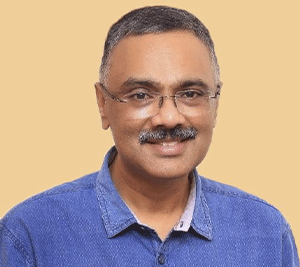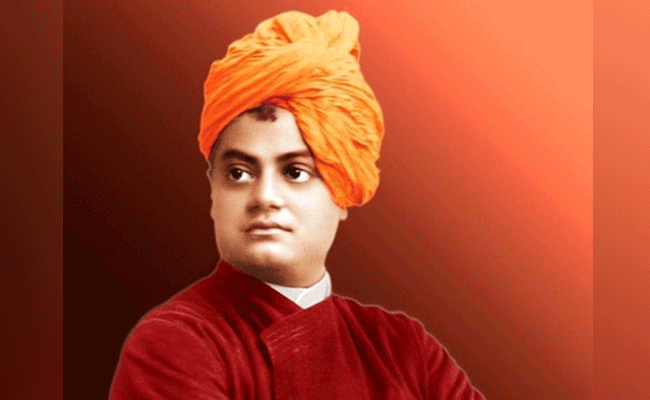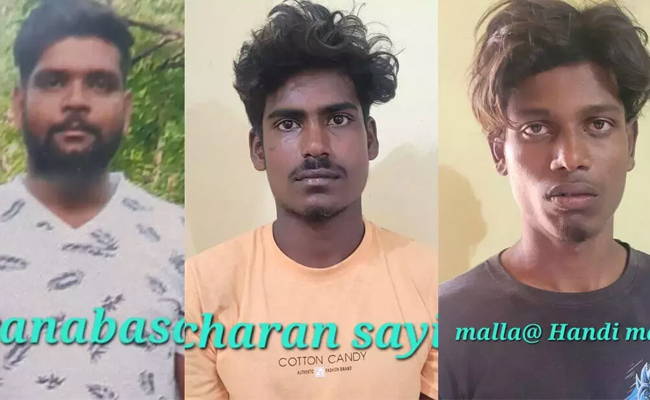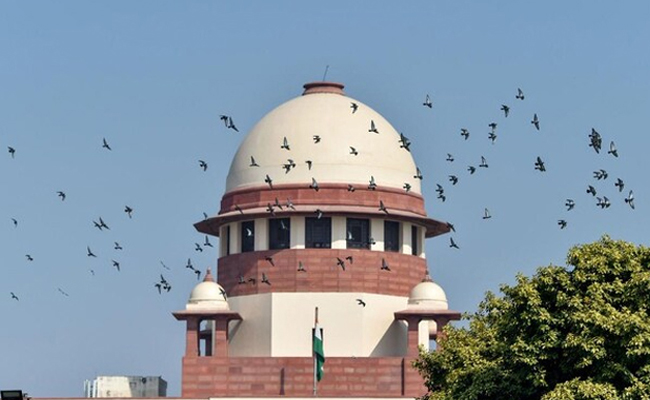In the annals of Indian history, Swami Vivekananda stands tall as a torchbearer of the Indian freedom movement, inspiring generations of freedom fighters with his powerful speeches and teachings. Like the French Revolution, which was ignited by the ideas of Voltaire, Rousseau, and Montesquieu, India's own struggle for freedom was catalysed by this revered spiritual leader.
On the occasion of the 160th birth anniversary of Swami Vivekananda, it is important to reflect on the profound contributions he made to the Indian freedom struggle. Swami Vivekananda, born on January 12, 1863, was a spiritual leader, philosopher, and cultural reformer who played a significant role in shaping the nationalist movement in India during the late 19th and early 20th centuries.
When Vivekananda arrived on the national scene, India was reeling from centuries of colonisation and exploitation. Its political and economic power had been stripped away, and its people had lost touch with their rich cultural heritage and past. But Vivekananda was determined to change this. He reminded Indians of their proud traditions and encouraged them to reclaim their identity.
This message was brought to the world stage in September 1893, when Vivekananda delivered a powerful speech at the Parliament of World's Religions in Chicago. In that address, he declared that "Mother India will attain independence," and his words had a profound impact on both the Western world's perception of India, and on the way Indians viewed themselves. The speech is still remembered today as one of the most powerful and influential of the 19th century.
Vivekananda also brought the idea of Hinduism to America, and his audience was impressed by his speech, which is still talked about and discussed to this date. His explanation of Hinduism, a concept that was not well-understood by Westerners at the time, introduced new ideals and concepts that continue to fascinate people to this day.
Biman Behari Majumdar, a leading socio-political historian of his era, writes that Swami Vivekananda's triumphant return from his first Western tour in 1897 marked a turning point in the history of nationalism in India. In a speech given in Madras on February 14th, 1897, Vivekananda called on his fellow Indians to worship the motherland alone and exclusively for the next fifty years, urging them to "give up being a slave." As Majumdar notes, it was exactly fifty years later, on February 23rd, 1947, that Major Attlee, the then Prime Minister of the United Kingdom, announced the decision to quit India.
Vivekananda's words had a powerful impact on the freedom fighters of his era, many of whom kept his photo or books close at hand. The British government even described him as a "tough politician" who took cover in saffron robes. Even Mahatma Gandhi, who went on to become a central figure in India's freedom struggle, credited Vivekananda with inspiring him, stating that "I got a thousand times more energy after I read Swami Vivekananda's books."
Swami Vivekananda was born on January 12th, 1863, and passed away on July 4th, 1902. His spiritual mentor was Ramakrishna Paramahamsa, and Vivekananda credited much of his understanding of God and spirituality to him. He went on to spread this knowledge across India and the world. Though he died at a young age of 39, his teachings and influential quotes have earned him immortality.

Girish Linganna
Defence and Aerospace Analyst
Let the Truth be known. If you read VB and like VB, please be a VB Supporter and Help us deliver the Truth to one and all.
New Delhi (PTI): Prime Minister Narendra Modi on Monday inaugurated the India AI Impact Expo here featuring over 600 high-potential startups and 13 country pavilions showcasing international collaboration in the AI ecosystem.
He also interacted with startups participating in the expo.
The prime minister visited various stalls and spoke with the companies participating in the expo. He was seen asking questions from company representatives to better understand what they are showcasing.
ALSO READ: SC rejects plea over hoardings 'prohibiting' entry of pastors in Chhattisgarh villages
The prime minister spent several minutes at various stalls while interacting with the representatives.
The Expo brings together global technology firms, startups, academia and research institutions, central and state governments and international partners.
Spread across 10 arenas covering more than 70,000 square metres, the Expo brings together global technology firms, startups, academia and research institutions, Union ministries, state governments and international partners.
The Expo also features 13 country pavilions, showcasing international collaboration in the Artificial Intelligence (AI) ecosystem. These include pavilions from Australia, Japan, Russia, the United Kingdom, France, Germany, Italy, the Netherlands, Switzerland, Serbia, Estonia, Tajikistan and Africa.
The Expo will host over 300 curated exhibition pavilions and live demonstrations, structured across three thematic chakras -- people, planet and progress.
In addition, the Expo will feature over 600 high-potential startups, many of them building globally relevant and population-scale solutions. These startups will demonstrate working solutions that are already deployed in real-world settings.





